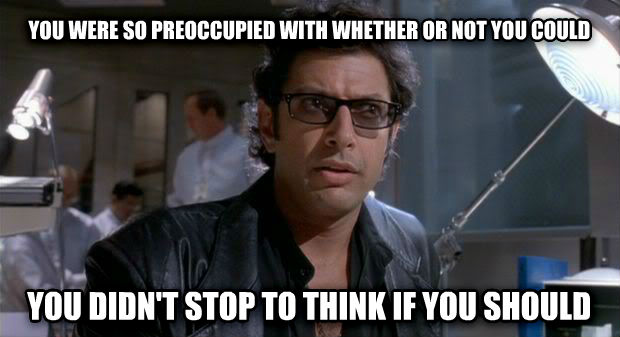johnxhc
Sep 01, 2020Explorer
To 12v batteries or 24v batteries, this is a question.
In the process of designing 1,200w system for my motorhome
I already decided to use 24v battery system.
Should I use 24v batteries in parallel connection or use 12v batteries series & parallel connections to construct the 24v system? does it make any difference at all either way?
All lithium batteries are identical and will be purchase same time.
Any pro and cons?
Please advise.
Thanks!
I already decided to use 24v battery system.
Should I use 24v batteries in parallel connection or use 12v batteries series & parallel connections to construct the 24v system? does it make any difference at all either way?
All lithium batteries are identical and will be purchase same time.
Any pro and cons?
Please advise.
Thanks!
